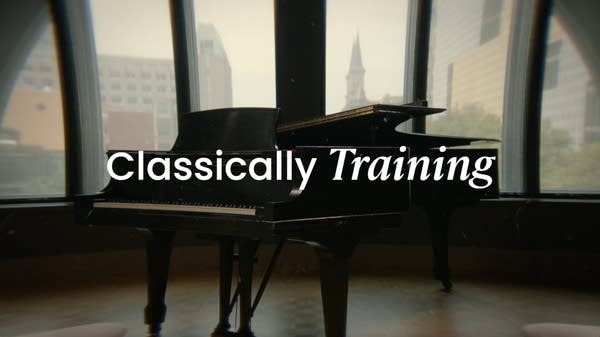Reading the title of a classical piece of music can make you feel like you are already behind. Symphony, prelude, toccata, opus, all those numbers.... Is it important to know what they mean? Performance Today host Valerie Kahler will help decode this confusing taxonomy and give some tips for the next time you open a concert program.
]]>Conductors have an important job. They start the music, stop the music, set the tempo, and help shape the sound of a piece. And they do all of this with their arms! However, every conductor does the arm-waving part a little differently. So how do musicians know what to do? This week, our host sits down with conductor Hannah Schendel to help demystify the movement that creates our music.
]]>There are 88 keys on the piano, and each one plays a different note. But how did they choose those 88 notes and why did they stop there? Is that even something someone chooses? In this episode, Dr. Andy Fleser explains the history of one of the world’s most important instruments.
]]>What is classical music? Our curious host decides this is where her journey should begin but quickly learns that the answer may be harder to find. After consulting with folks on the street and an elementary music class, she decides to get some help from conductor Bill Eddins.
]]>Classical music can feel intimidating. The jargon, history, and virtuosity make the genre feel like an exclusive club.
Classically Training is a new video podcast for folks who are curious about classical music and need a place to start. In this podcast from YourClassical MPR, follow your eager host, Aerin O'Malley, on her own journey to classically train. In each episode, Aerin brings her burning questions to classical music experts to try and get some answers. Follow along for a season of curiosity, discovery, great teachers, and music.
The first episode drops Monday, Sept. 8, 2025. Find all episodes here or wherever you get your podcasts.
